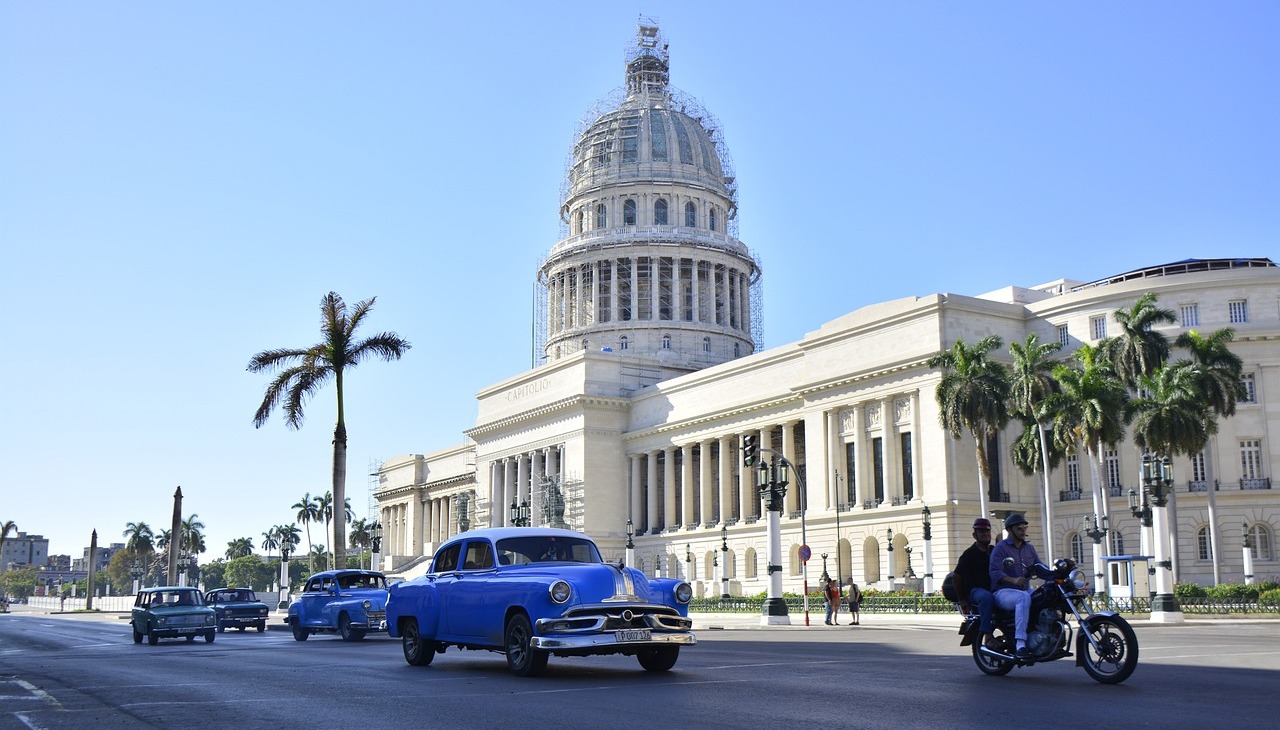
An expert's take on Cuba's civil rights reform
After atypical votes on the island, the population supported the changes in the Family Code.
The public debate, which seeks to recognize and protect the fundamental rights of sexual minorities and other diverse social groups on the island, was resolved favorably.
"It was a yes to fundamental rights, which I hope others will follow," said Rosa Muñoz, journalist and researcher for DW in Spanish.
New Law
The referendum to the Family Code establishes the following changes:
- Discrimination based on identity and sexual orientation is prohibited.
- It legitimizes various types of families allowing the legal recognition of several fathers and mothers, in addition to the biological ones.
- It presents changes in the old obligation to educate children in "socialist morality.”
- Ban child marriage.
- Authorizes marriage and adoption for same-sex couples.
- Consider surrogacy.
Through concepts such as "progressive autonomy" it protects the physical and emotional integrity of children and adolescents, as well as the elderly, disabled or caring for others.

Diversity Celebrates
Behind the realization of this plebiscite is the work and effort of feminists and LGTBI activists, who although they did not reach a higher consensus (the preliminary results established 66.87% in favor of yes), they did achieve a significant victory in a fight for rights which completes several decades.
The referendum, product of the changes approved by the new Constitution of 2019, was also considered a triumph for the Cuban government that through the state media, the only ones with a massive reach on the island, carried out an intense campaign in favor of “Yes.”
“Many count decades fighting for the recognition of their rights. And months of independent campaigning in public and virtual spaces, which closed by verifying the relative statistical cleanliness of the vote count in the polling stations. For them, ‘the rights are not plebiscite, but they have left us no other option.’ So today they celebrate these, and tomorrow they will continue to fight for others,” highlights Muñoz.
RELATED CONTENT
Those who voted "No"
Most of those who opposed this new code, especially those who had access to national television to argue, did so on religious grounds and included conservative political opponents.
“Although they may have not been the only ones, in a society that is still deeply sexist and adult-centric, that has not apologized for imprisoning or sending many homosexuals to forced labor camps in the first decades after the 1959 revolution, and that continues to legitimize the “right" of parents to physically punish their children,” noted Muñoz.
Taking into account the preliminary counts, the negative option of the plebiscite reached 33.13% of voters, a significant number of people who, according to Muñoz, could have voted more with a specific intention of challenging the government's support for the "Yes" vote than by conviction.
“An eloquent number of voters said ‘No’ to the text of the law, either to the insistent campaign of the official media or by issuing a vote of punishment for the dictatorship that rules this country without civil and political liberties, plunged into the worst economic crisis in recent decades, with a serious shortage of basic necessities, prolonged blackouts, galloping inflation, and a record exodus of migrants,” Muñoz stressed.
It is also important to highlight an unusual phenomenon on voting days in Cuba, and that is abstentionism, which on this occasion exceeded 25 % of the electoral roll.
“All of these voices are heard, loud and clear, in the results of this referendum. So, despite the doubts and the disappointment left by the subordination of the fundamental rights of minorities to the will of the majority, it will have to be seen, finally, as a significant step, although still precarious, on the path of building citizenship in Cuba. A window to a 21st century island, hopefully, with more and more rights, all rights, for all people,” concluded Muñoz.











LEAVE A COMMENT:
Join the discussion! Leave a comment.